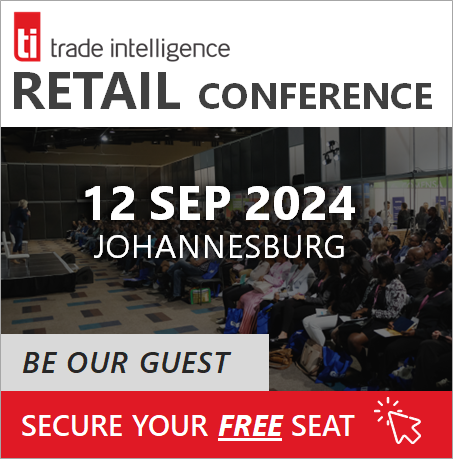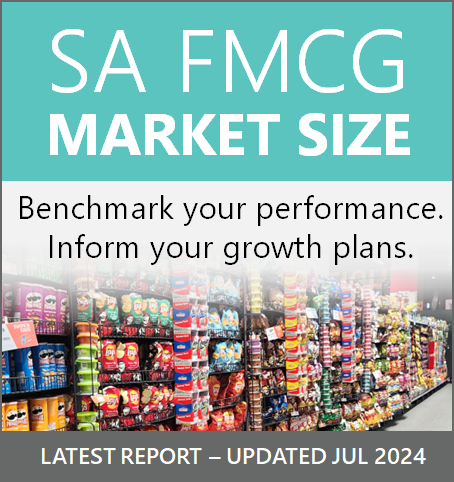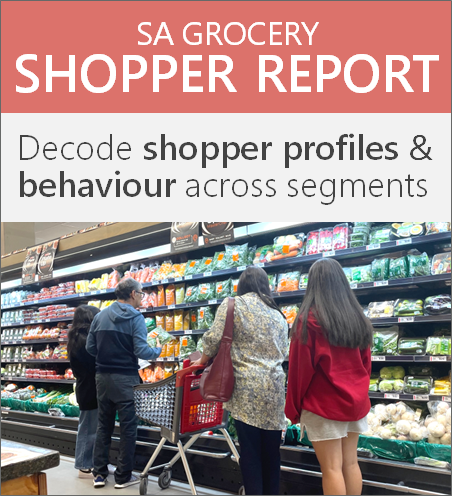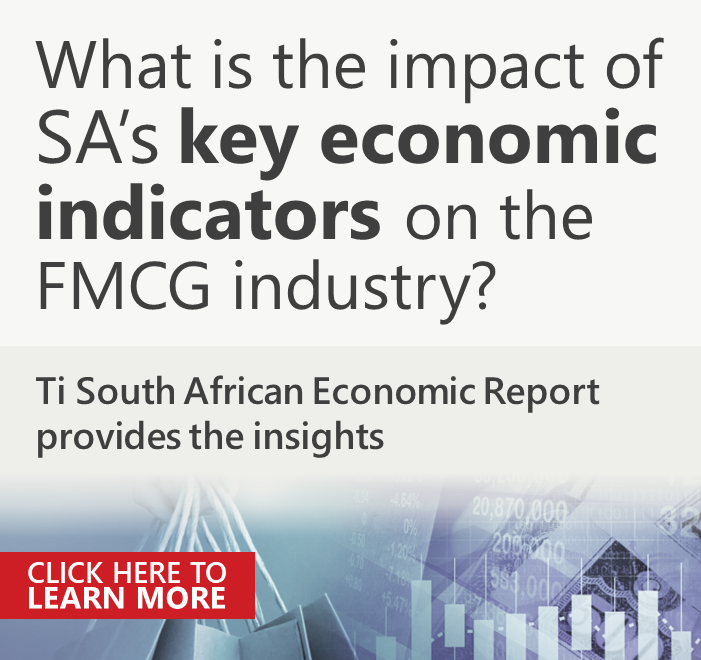
THIS ISSUE: 10 Jun - 18 Jun
Congrats to our friends at Boxer on arriving at an impressive milestone. And some tough love for Woolies, an icon of South African retail, as they struggle with a difficult but perhaps inevitable decision Down Under, even as they make shrewd moves back home. And all hands on deck at the Treasury as the COVID recession looms in the wintry fog. Enjoy the read.

YOUR NUMBERS THIS WEEK
RETAILERS AND WHOLESALERS
-
COVID Catch-up Testing times
In an example of how not to do it, Dis-Chem have come in for some sharp criticism for a confusing internal policy by which staff have to pay for their own COVID tests – if they test negative, but not if they test positive, and, according to Dis-Chem, only in the case of tests requested by staff themselves. This at a time when the business is offering free testing, in partnership with the Solidarity Fund, to South Africans in need. Massmart, buoyed by a +100% YoY increase in online sales since lockdown, has decided to invest heavily in this area across its divisions as “one of our highest priorities” according to Mitch ‘The Turnaround’ Slape. In the informal trade, on the other hand, things are not so rosy, with street vendors in particular suffering from smaller and more uncertain markets, and burdened by municipal requirements for sanitizer and PPE at stalls, although such is not provided by the authorities. Unlicensed traders are also required to obtain temporary COVID-19 permits from their local municipalities – a burdensome requirement for foreign nationals who need a valid passport with a working visa or an asylum seeker permit to trade.
Comment: COVID is tough for everyone. But tougher still if you operate in the informal economy.
-
-
Boxer 300
Big up to Boxer Superstores, which have quietly achieved a major milestone with the opening of its 300th store. Boxer, you will recall, began life as single cash & carry in Empangeni, KwaZulu-Natal, back in ‘77. It caught the attention of Pick n Pay, which duly acquired the business some 18 years ago. Boxer expanded out of its stronghold in the Eastern Cape and KwaZulu-Natal, and now trades across our nine provinces and the Kingdom of eSwatini, as a modern supermarket offering both attractive prices, value-added services and the pleasures of contemporary retail to every community in which it operates. A mark of Boxer’s success has been the fact that it never takes its shoppers for granted. “It is our shopper who decides what supermarket is offering the best deals all under one roof,” explains Marketing Director Andrew Mills. “And every day, when we open our doors, we owe it to ourselves to be top of our shoppers’ minds so that they choose Boxer as their supermarket of choice.” For more info, have a look at their press release here .
Comment: This attitude and its ongoing success have steadily improved Boxer’s standing in the Pick n Pay Group, and in the South African retail firmament.
-
-
Woolworths Beds are burning
The voices of analysts and other interested parties calling for Woolies to exit its David Jones experiment Down Under have now joined in chorus, as the business shows no sign of turning around and Woolies unleashes another wave of investment on the problem. They bought the chain for R21.5bn back in the year ’14, and have since written off around R12bn in value for an asset Ian Moir, dispatched to Australia to sort out the problem, now admits was overpriced. Woolies are now sending another almost R1bn to shore up the fortunes of the business, flagging as they are during COVID-19. This, says group head of strategy and investor relations Jeanine Womersley, is positively the last bit of assistance they will be getting. In better Woolies news here at home, Manie Maritz, ex of The Foschini Group, has joined the business as MD: Fashion, Beauty, Home as of yesterday, in a clear signal that the business is intent on fixing those underperforming categories for good.
Comment: Excellent news. About Manie Maritz, of course, not David Jones.
-
-
International Retailers Dog eat dog
“Moenie worry nie” about Oom Christo Wiese, who yes, took a hit in the 2017/2018 accounting scandal, but has just seen a 30% jump in the share price of his Brait SE investment group following the sale for a cool £115m of its 63.1% holding in British retailer Iceland Foods, now wholly owned by its management, including founder Sir Malcolm Walker. Over in the US in the meantime, the fallout from COVID-19 roars on ceaselessly, with 28 businesses – some of them retailers – declaring bankruptcy for debts of $50m apiece or more. The winners in this race to the bottom will include online businesses like Amazon and Facebook, and massive retailers like Walmart, Costco, and perhaps Target. The losers will include consumers, who will fall victim to the market consolidation under such businesses that recessions tend to bring.
Comment: COVID-19 has exposed the fundamental weakness not of the individual businesses that go bust, but of the system itself, which allows them to function with such limited resilience in the first place.
MANUFACTURERS AND SERVICE PROVIDERS
-
Cannabis The green, green grass of home
Every hectare of commercial hemp production in South Africa has the potential to create three new jobs, according to the CEO Brian van Rooyen of Labat, one of the big players in the burgeoning local industry. Labat, which is listed on the JSE, has acquired businesses in various sectors, such as farming, retail and healthcare in its drive into cannabis, focusing on the growth of healthcare. It intends growing its healthcare unit, in which its cannabis-related operations are housed. Another South African business, Felbridge, has just exported its first shipment of medical cannabis to Puregene in Switzerland. And pharmaceutical and natural medicines outfit Nutritional Holdings, which runs a lab in South Africa and holds licenses in Lesotho, Zimbabwe and Swaziland for the cultivation, harvesting, manufacturing, distribution, import and export of the healing herb, is buying cannabis company Ukusekela Holdings for R140m. It’s estimated that the industry could be worth more than R30bn in the Beloved Country by 2023.
Comment: Fascinating to be here at the ground floor of an entirely new agricultural, recreational and pharmaceutical sector.
-
-
Unilever Dutch courage
In news from the North, Unilever is consolidating its UK and Dutch holdings into a single British parent company, two years after Dutch CEO Paul Polman announced his intention to move HQ to the Netherlands once and for all. If you’re a Dutch shareholder, this means that each of your shares will be exchanged for a single Unilever Plc share, although the business will still be listed on the Amsterdam, London and New York stock exchanges. A major and presumably British shareholder has called the announcement a “whopping great U-turn” on the part of Unilever; the more understated CEO Alan Jope calls it “a slightly different way of executing the same strategy.” What the move will do is make acquisitions or sell-offs easier, including presumably, the rumoured disposal of its tea division. There’s also some speculation that the move sets the scene for splitting the company in two – Foods and Refreshment (still housed in Rotterdam) and Home Care and Beauty & Personal Care (in Brexittania). A caveat is that the move requires the approval of 50% of its Dutch shareholders.
Comment: A complex and unfolding story; stay tuned.
TRADE ENVIRONMENT
-
The Economy Zeroing in
Not exactly drawing a bead on the situation, the Treasury has predicted that GDP will contract by between -5% and, in the worst case, -16% as a result of the enforced shutdown of the economy, with FNB settling on a grim but more exact -8%, for the loss of 800,000 jobs, and SARS predicting lost revenue of as much as R285bn. All of this in anticipation of Tito Mboweni’s emergency budget, about which more, no doubt, will be revealed next week, as the great man calls for zero-based budgeting, a measure, he says, which will enable us to “refocus our attention on those strategic issues that we can do, refocus our attention on the growth-enhancing activities (and) no longer take for granted that the baseline that was there last year, will always be the case.” Zero-based budgeting requires that every item of expenditure be weighted to ensure rigorous cost containment.
Comment: Again, serious times, unprecedented measures. But denialism is at least not one of them, which is more than can be said for some more developed economies.
Sign up to receive the latest SA and international FMCG news weekly.
Tatler Archive
“There is no point in using the word ‘impossible’ to describe something that has clearly happened.”







1.png)
